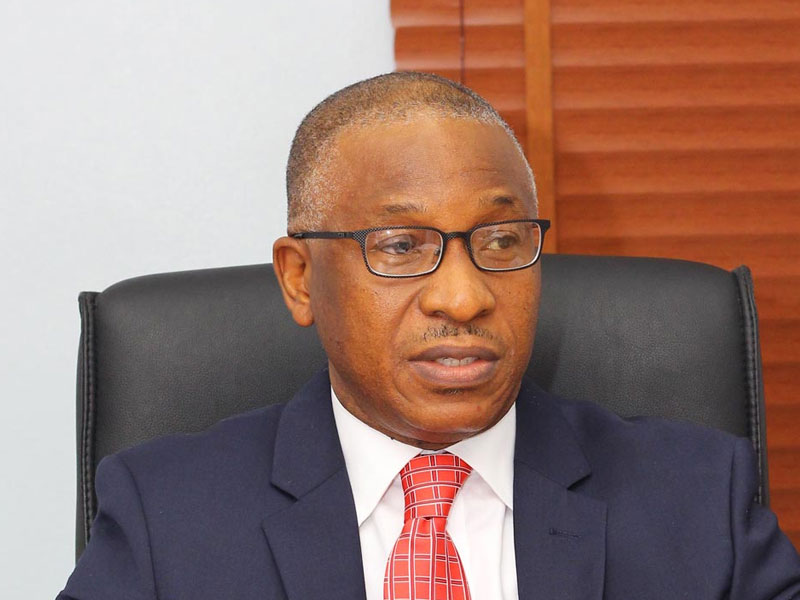BPE opposes clamour to reacquire privatised power assets
February 13, 2020847 views0 comments
The Bureau of Public Enterprises (BPE) wednesday warned against the ongoing clamour for the federal government to re-nationalise already privatised power assets of generating companies (Gencos) and distribution companies (Discos).
Alex Okoh, BPE’s director general, at an interactive session with journalists in Abuja, advised the government not to succumb to the pressure of re-possessing the privatised assets.
The federal government has been under pressure to revoke the ownership of the assets of the Discos from the investors and pay them off with N736 billion.
Read Also:
Ahmad Lawan, president of the senate, had also recently called for a review of the sale of the assets just as the National Economic Council (NEC) constituted an ad-hoc committee, headed by the governor of Kaduna State, Nasir el-Rufai, to review the ownership of power discos.
According to Okoh, re-nationalising the power assets is not the solution but evolving a better investment option around the distribution value chain would pay the country better.
He said the matter had become a topical and emotive issue, adding that people have forgotten that the electricity sector was almost dead before the 2013 privatisation.
Okoh said : “I think the Discos have become a topical and very emotive issue. We forgot that the electricity sector was almost dead before it was privatised. Generation was at about 1,300 Megawatts (MW) before privatisation. We know what the state of the electric power industry was under the management of NEPA and PHCN.
“We must be extremely careful about these key national utilities. For a country that prides itself to be the biggest economy on the continent of Africa, electricity per capita is 150 kilowatts per hour (kw/h) for every Nigerian. The second biggest economy in Africa, South Africa, the electricity per capita is 4,437 kilowatts per hour. So that shows you what we are dealing with here. Until we resolve it, then we are not going to get anywhere in terms of economic growth in this country. 150kw/h electricity is totally a non-starter as far as I am concerned. So, I think we should be more concerted in our efforts to solve the power problem.
“The problem, as far as I am concerned is not about the privatisation of the discos, but looking at the entire value chain. But what I will not advocate as an individual is a re-nationalisation of the power sector
“If it is necessary to improve the distribution infrastructure, then let us determine what that investment is and look at the best way to provide investment for the distribution power chain and not to re-nationalise the power assets. I think it will be a fundamental error to go in that direction.”
He added that the Presidential Power Initiative, which is referred to as the Siemens ‘ Project, provided a credible way to address the challenges in infrastructure, transmission and distribution.
He also expressed optimism that by next year, end-to-end availability of power would hit seven gigawatts.
Okoh identified part of the problems in the power sector as excess capacity in generation with low capacity in terms of distribution while transmission is a serious constraint.
He noted that about 13.5 Gigawatts of electricity are currently being stored in the power pool but not more than five megawatts can be transmitted.
According to him, anytime an attempt is made to transmit over five megawatts, system collapse occurred.

